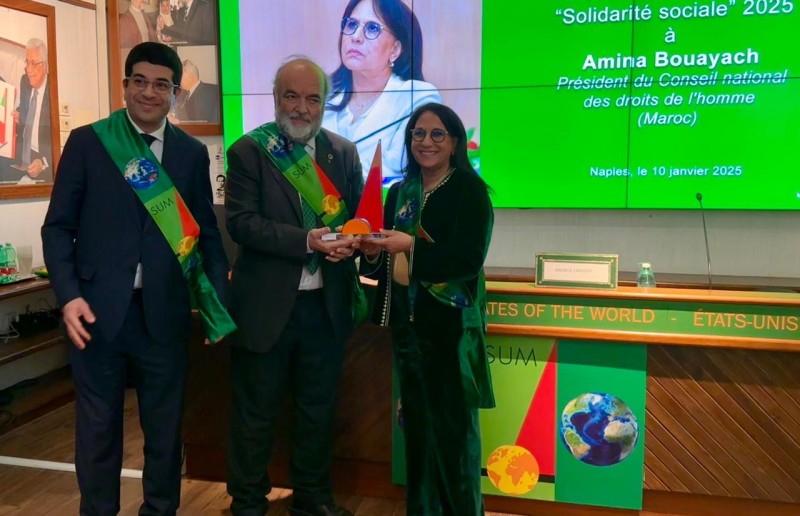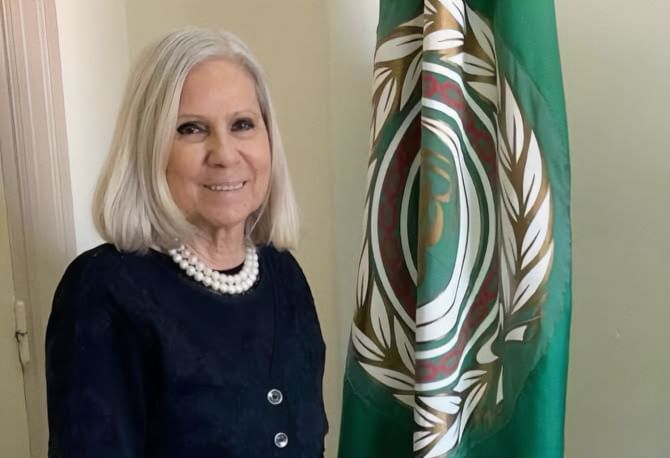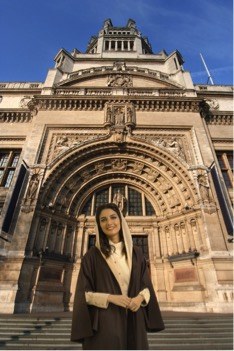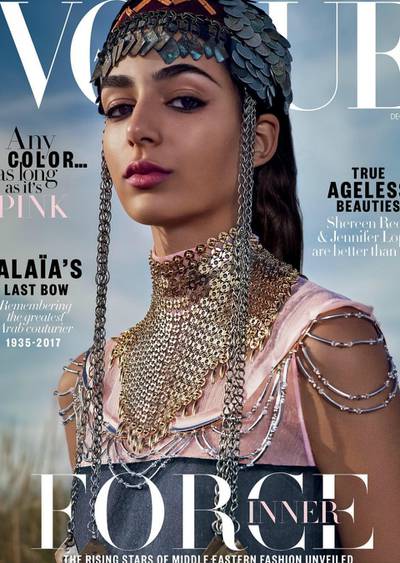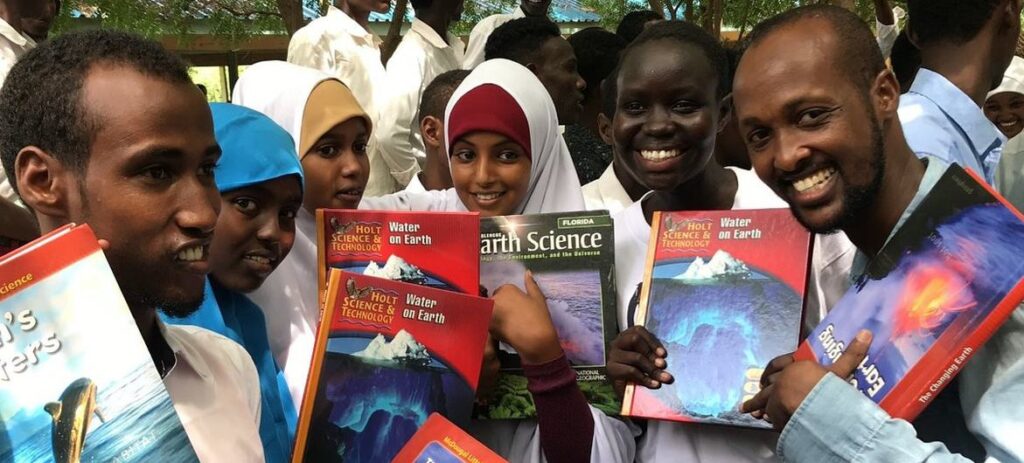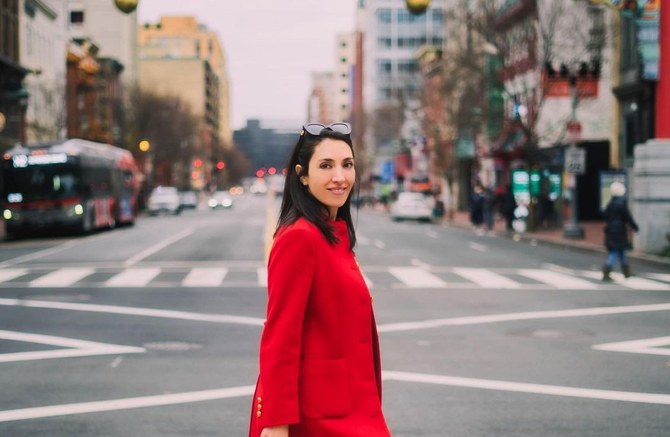Hanan Sultan, a young Omani jewellery designer based between Muscat, Dubai and London, is passionate about fine arts and fashion, but has found ‘jewellery design’ as the perfect middle ground. Skillful at combining traditional and contemporary materials in her creations, Hanan, however, is personally fond of yellow gold and rubies. “Creativity has no limits and… I have yet many miles to go…” she tells Hubert Vaz in an exclusive chat. Excerpts:
What, according to you, defines the value of a piece of jewellery?
The value of a piece of jewellery, to me, lies within its design execution. As a bench-trained jewellery designer, I’m very detail-oriented and committed to craftsmanship by blending traditional making skills with modern technology to achieve an unparalleled level of quality and luxury. I’m truly dedicated to creating timeless pieces that capture a balance of luxury, comfort, and emotional value using the finest materials – precious metals and stones.
When did you figure out that this was your cup of tea?
I realised that it was my cup of tea at an early age when I felt a strong passion for creativity. This passion led me to study (foundational) Fine Arts at Pratt in New York, followed by (foundational) Fashion Studies at the London College of Fashion. I recognised that the world of jewellery was perfect for me when I comprehended that it encapsulated both, fine arts and fashion. I eventually did my BA in Jewellery Design at Central Saint Martins in London. During my summer holidays, I did internships and courses with different institutes and jewellery brands in Dubai, London and Paris. This expanded my early industry knowledge and provided me with invaluable experiences.
To deepen my expertise, I pursued an MA in Jewellery and Metal at the Royal College of Art in London, which allowed me to refine my creative process and technical skills. Through hands-on experiences and continuous learning (as an Omani jewellery designer), I’ve developed a design approach that blends innovation with traditional jewellery design.
What distinguishes your creations from the rest in the fray in UAE/Oman or elsewhere?
My designs stand out for their precision and craftsmanship, achieved through CAD and CAM technologies, which allow for intricate details and consistent finishing. While I value the cultural significance of traditional handmaking techniques, I focus on blending modern innovation with timeless aesthetics to create unique and enduring pieces.
How differently, do you think, the Western world view jewellery unlike those in Asia and the Middle East?
I find that some of the western world’s overview on jewellery includes accessories, conceptual ‘wearable objects’, incorporating all sorts of contemporary non-precious materials, whilst Asians and Middle Easterns think of jewellery as ‘high/fine jewellery’ that usually incorporates precious metals and stones, most popularly, 18, 22, 24 carat gold, natural diamonds and precious gemstones.
Are the tastes of Arab women changing – is there a need for novelty and wow factor among the younger generation?
Arab women’s tastes, like women everywhere, are constantly evolving. This is due to the rise of the Internet, journalism, social media exposure and easy accessibility to global travel. There’s always a desire for novelty and ‘wow factor’, especially amongst younger generations. It’s human nature to seek fresh and exciting perspectives.
Do you like religious symbols used in jewellery or would you rather keep it creatively different?
Religion, like jewellery, is extremely personal. I appreciate how jewellery can help people of many different backgrounds connect to their faith. Some religious symbols are especially meaningful precisely because they are private and intimate.
As an Omani jewellery designer, which is your best creation so far, and was it sold to any affluent/prestigious buyer?
My favourites include pieces from my frankincense inlay collection. I’ve had buyers from the Gulf, America, Canada and the UK approach me to acquire some of these pieces.
When you customise jewellery, do you follow the client’s requirement or educate them about what’s best for them?
It is important for me to listen to my clients’ wants and needs as well as present them with different options and solutions, ultimately educating them to make the decision that would suit them best.
How popular is your business?
Working in Dubai has been great for me, professionally, because I’ve been able to share my work with a global audience. The global accessibility of Dubai has meant that I’ve been able to make in-person sales to American, British, and European clients, as well as cultivate existing relationships in the Middle Eastern and Asian markets. Muscat is much quieter, on the whole, but provides a clarifying balance from the bustle of doing business in Dubai. Oman will always be my home and it would be very fulfilling to one day be able to showcase my work in Muscat, my hometown, as an Omani jewellery designer.
Do you also shoulder management/business promotion tasks?
At the moment, I’m managing all aspects of the business, from creative direction to production to logistics, marketing and sales. This is to be expected for young designers at the beginning of their career. But I’m looking forward to being able to focus even more exclusively on the creative processes as the brand grows and I develop my team.
If not in this field which other profession is close to your heart?
If not jewellery design, I would love to explore more of fine arts, arts education, academic arts, or research – something deeply creative and thought-provoking. Fashion design and journalism also intrigue me, they share a similar focus on storytelling, aesthetics, and pushing boundaries, which all align with my passion for design and creativity.
As a young designer entrepreneur have you reached anywhere close to your ultimate goal?
I believe, that creativity has no limits and endless possibilities, so I for sure think that I have yet many, many miles to go.
Red is timeless…
Asked about her personal preference of jewellery, Hanan Sultan struck a unique note. “Yellow gold and rubies are my personal favourites. My friends even call me ‘the queen of rubies’. They hold a special place in my heart because they’re a part of my familial heirlooms, and I love the idea of carrying that legacy into the future. Rubies, to me, resemble their colour – red is timeless and powerful.
source/content: muscatdaily.com (headline edited)
__________
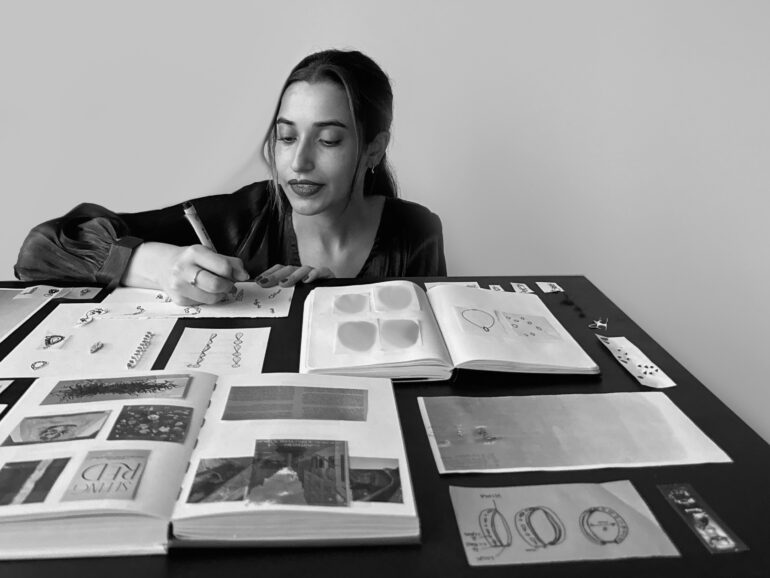
__________
OMAN








